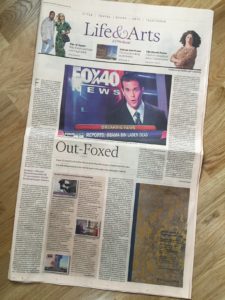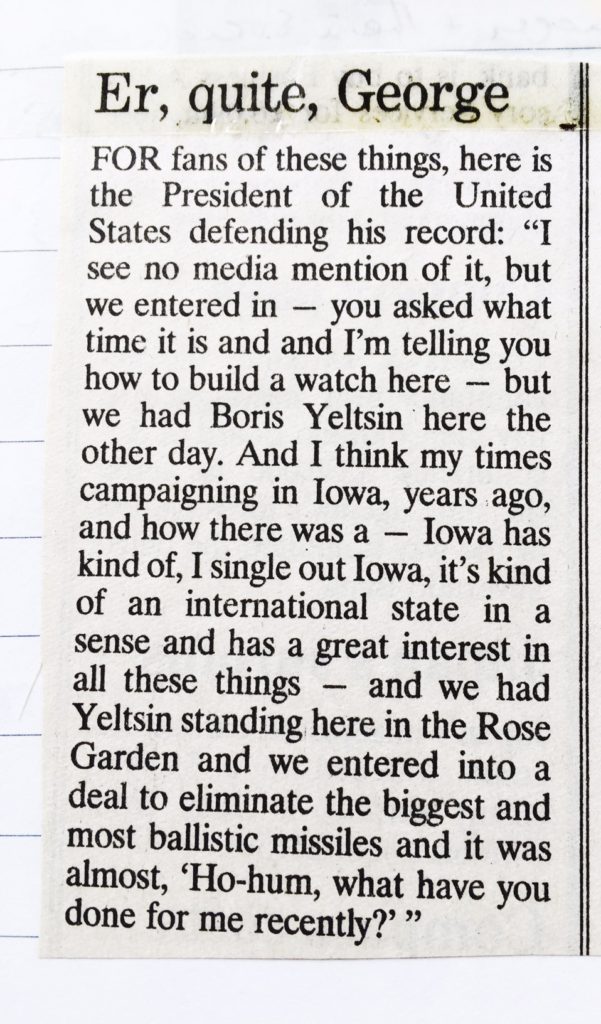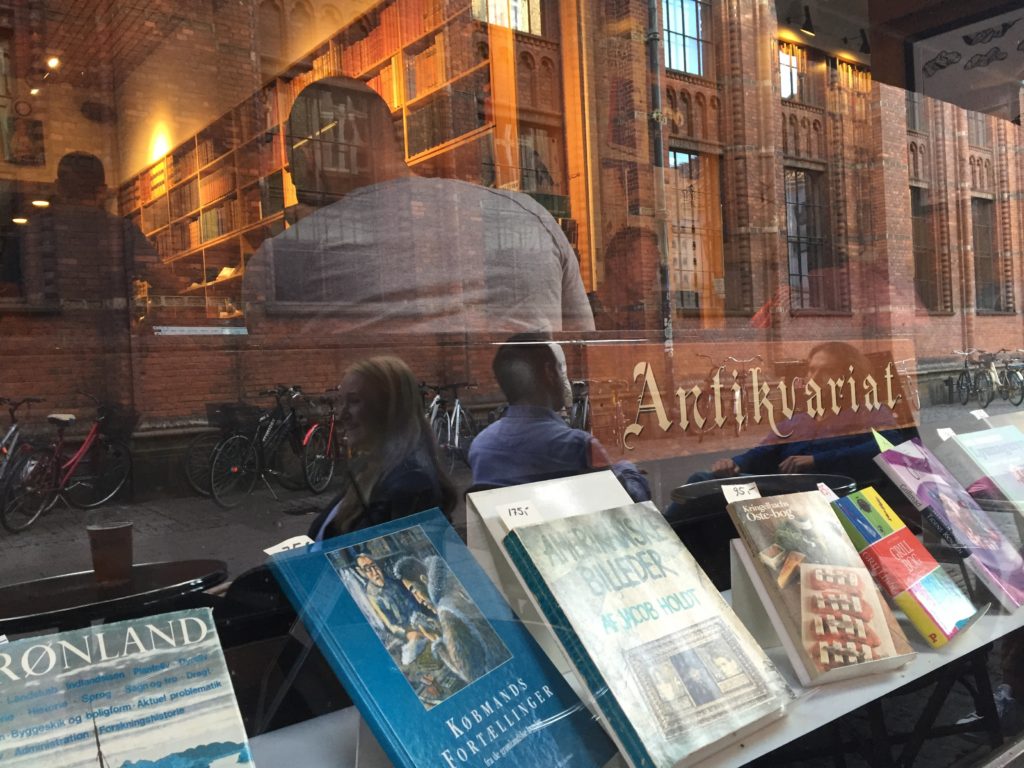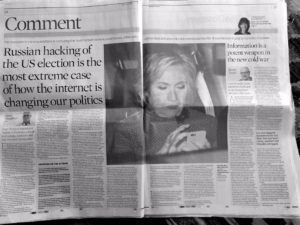Christopher Caldwell has a sobering piece in the Financial Times which helps to explain why US mainstream media have been so discombobulated by Trump’s success: they’ve paid no attention to Fox News for all the time that the channel has been broadcasting. But way back in 2009, the then Executive Editor of The New York Times, Jill Abramson had warned her colleagues that they were insufficiently tuned in to “the issues that are dominating Fox News”. Needless to say, nobody listened.
Caldwell’s analysis is acute and perceptive. “Fox News’s competitors, with a few exceptions like Abramson”, he writes,
always sold it short. They were wrong to. Fox News succeeded because it was brilliant enough to identify a market failure, not because it was sleazy enough to cause one. Murdoch, Ailes and those who build up Fox News did so by identifying a group of news consumers who were being ignored by news producers. It is only now, in the election season of 2016, that we can see how dire a problem this snub revealed, not just for the media but for the whole political system. It was a sign than the informed opinions of the broad public had ceased to count in American political and social life.
The Fox News people understood that you can’t solve this problem by being “more objective”. When it is being ignored by elites, the broad public prefers opinions to facts — because while everyone has opinions, as the saying goes, facts are increasingly things that get handed down by experts. In short, Fox News bet 20 years ago that the “objectivity” of a nation’s elites could be a kind of bias. The past year’s events in the US show that it has won that bet.
It’s a good piece which, of course, also makes one reflect on the UK. I suppose you could say that, for us, the tabloid press constituted our own version of Fox News.





